COPENHAGEN, Denmark: In a recent study, researchers examined the dentate status and the frequency of preventive dental visits of Danish adults over a period of 30 years. Additionally, they assessed whether the patients’ oral health had been influenced by social determinants. The study found that, although Danes now show a significant improvement in their oral health behaviours, there are still social inequalities in dental health across the population. In light of the findings, the researchers highlighted the need for sociopolitical actions to help improve the dental health of Danes across various social backgrounds.
The study was conducted by the Department of Odontology of the University of Copenhagen and the National Institute of Public Health at the University of Southern Denmark. In the study, the researchers collected dental health information from representative samples of the Danish population between 1987 and 2017. By surveying the participants seven times, they compiled data on the participants’ dentate status and dental visits over a period of 30 years.
After analysing the results, the researchers found that Danes show a vast improvement in their oral health. For example, adult Danes have preserved more of their natural teeth, which has resulted in an improvement in their quality of life.
“The number of Danes who suffer from complete loss of natural teeth is significantly lower today than it was in 1987, and people now go to the dentist more often to prevent oral health problems. This is the positive result of our study: that the Danes’ oral health has improved significantly,” lead author Dr Poul Erik Petersen, professor emeritus in the Department of Odontology at the University of Copenhagen, said in a press release.
The researchers also found that incidence of edentulism, which used to be a major oral health issue, has dropped dramatically in the whole population, from 18% to 3%. Dr Petersen commented: “The improvement is especially evident among citizens aged 65–74 years. In 1987, half of them suffered from toothlessness; today, it is true of merely 6%. Similarly, the share of adults who have managed to keep at least 20 of their natural teeth has increased from 16% to 69%,”
“The number of Danes who suffer from complete loss of natural teeth is significantly lower today than it was in 1987”
— Dr Poul Erik Petersen, University of Copenhagen
Dr Petersen went on to explain that various factors might have contributed to the improvements in the dentate status of Danes, including a healthier lifestyle, improved standard of living and a general decline in smoking. Furthermore, there is new legislation on dental care and more participation in preventive dental care programmes, as well as improvements in dental treatments and the use of toothpaste containing fluorides, he noted.
The researchers have also found that adult Danes pay more visits to the dentist than before. According to the findings, less than a third of senior citizens went to the dentist once a year in 1987, but the figure had increased to 79% in 2013. However, the results are less positive for the younger population. The study reported that only 61% of young adults aged 25–44 go to the dentist annually compared with 88% in 1987.
Finally, evidence shows that oral health inequality is still a topic of concern in Denmark. “The downside is that the social inequalities in dental health and health in general have not changed in the past 30 years. For instance, people’s dental health largely depends on their level of education, occupation, financial status and ethnic background,” Dr Petersen explained.
In 2017, only 32% of adult Danes with significant financial difficulties received preventive dental care. Among adult Danes with some financial problems the figure was 43%, whereas 62% Danes with no financial difficulties received preventive dental care.
The article, titled “Trends in dentate status and preventive dental visits of the adult population in Denmark over 30 years (1987–2017)”, was published in the October 2021 issue of the European Journal of Oral Sciences.
Tags:
WELLINGTON, New Zealand: Cannabis poses a threat to oral health, but most patients are reluctant to ask their dentists for advice about what largely remains...
NEW DELHI, India: While the effects of climate change on general health are well documented, its impact on oral health remains less explored. A new scoping ...
LONDON, UK: Researchers at University College London have highlighted the COVID-19 pandemic’s effect of having widened inequalities in oral health in the ...
LEEDS, England: As a crucial dimension of the overall oral health crisis continuing to rankle across the UK, children’s access to NHS dental care and ...
CLEVELAND, U.S.: Dental Tribune International recently reported on an article that highlighted the significance of oral health for systematic health and ...
JAKARTA, Indonesia: A large-scale teledentistry initiative in Indonesia has helped people brush more frequently and improved oral health awareness, ...
LONDON, England: The structural asymmetries that pervade society as a whole are inevitably reproduced within specific industries, dentistry being no ...
DUNEDIN, New Zealand: A newly published systemic review has revealed that, while tooth bleaching treatment yields positive changes for young participants in...
MELBOURNE, Australia: The idea that oral health comes down to genetics can be a damaging one. According to authors of a recent study, which followed the ...
LONDON, UK: Despite being largely preventable, poor dental health continues to be a major public health issue in England. This is evident in a recent report...
Live webinar
Tue. 3 March 2026
11:00 am EST (New York)
Dr. Omar Lugo Cirujano Maxilofacial
Live webinar
Tue. 3 March 2026
8:00 pm EST (New York)
Dr. Vasiliki Maseli DDS, MS, EdM
Live webinar
Wed. 4 March 2026
12:00 pm EST (New York)
Munther Sulieman LDS RCS (Eng) BDS (Lond) MSc PhD
Live webinar
Wed. 4 March 2026
1:00 pm EST (New York)
Live webinar
Wed. 4 March 2026
8:30 pm EST (New York)
Lancette VanGuilder BS, RDH, PHEDH, CEAS, FADHA
Live webinar
Fri. 6 March 2026
3:00 am EST (New York)
Live webinar
Tue. 10 March 2026
4:00 am EST (New York)
Assoc. Prof. Aaron Davis, Prof. Sarah Baker



 Austria / Österreich
Austria / Österreich
 Bosnia and Herzegovina / Босна и Херцеговина
Bosnia and Herzegovina / Босна и Херцеговина
 Bulgaria / България
Bulgaria / България
 Croatia / Hrvatska
Croatia / Hrvatska
 Czech Republic & Slovakia / Česká republika & Slovensko
Czech Republic & Slovakia / Česká republika & Slovensko
 France / France
France / France
 Germany / Deutschland
Germany / Deutschland
 Greece / ΕΛΛΑΔΑ
Greece / ΕΛΛΑΔΑ
 Hungary / Hungary
Hungary / Hungary
 Italy / Italia
Italy / Italia
 Netherlands / Nederland
Netherlands / Nederland
 Nordic / Nordic
Nordic / Nordic
 Poland / Polska
Poland / Polska
 Portugal / Portugal
Portugal / Portugal
 Romania & Moldova / România & Moldova
Romania & Moldova / România & Moldova
 Slovenia / Slovenija
Slovenia / Slovenija
 Serbia & Montenegro / Србија и Црна Гора
Serbia & Montenegro / Србија и Црна Гора
 Spain / España
Spain / España
 Switzerland / Schweiz
Switzerland / Schweiz
 Turkey / Türkiye
Turkey / Türkiye
 UK & Ireland / UK & Ireland
UK & Ireland / UK & Ireland
 Brazil / Brasil
Brazil / Brasil
 Canada / Canada
Canada / Canada
 Latin America / Latinoamérica
Latin America / Latinoamérica
 USA / USA
USA / USA
 China / 中国
China / 中国
 India / भारत गणराज्य
India / भारत गणराज्य
 Pakistan / Pākistān
Pakistan / Pākistān
 Vietnam / Việt Nam
Vietnam / Việt Nam
 ASEAN / ASEAN
ASEAN / ASEAN
 Israel / מְדִינַת יִשְׂרָאֵל
Israel / מְדִינַת יִשְׂרָאֵל
 Algeria, Morocco & Tunisia / الجزائر والمغرب وتونس
Algeria, Morocco & Tunisia / الجزائر والمغرب وتونس
 Middle East / Middle East
Middle East / Middle East
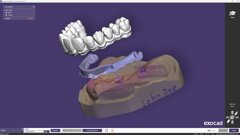


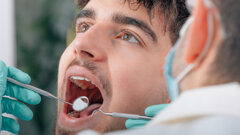
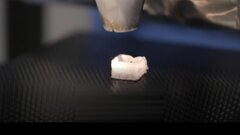



















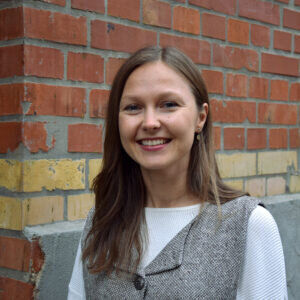


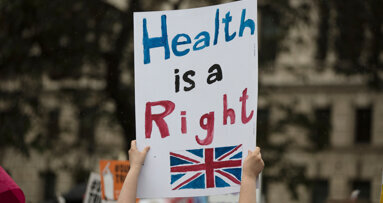
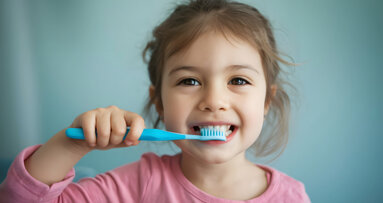
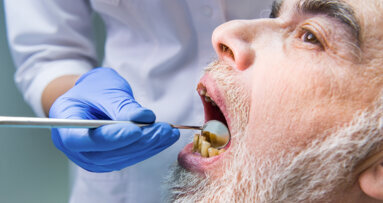


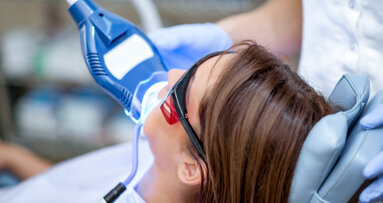












To post a reply please login or register